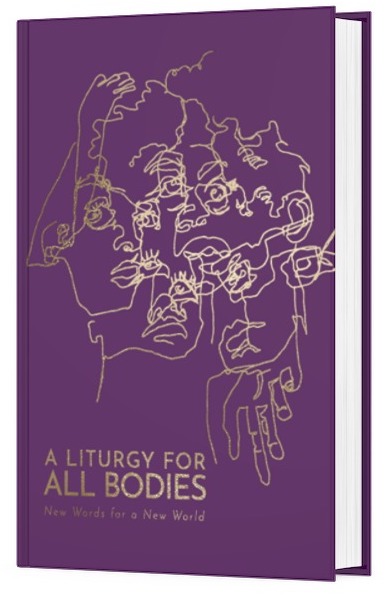What Format Is Best for You?
You can either purchase the hardcover or get access to the digital resource.
Hardcover
Physical Copy for Your Bookshelf
$
34
99
Once -
Beautiful Purple and Gold Design
-
248 Pages
-
Carbon Offset
-
Free Shipping
-
Display on Your Bookshelf with Pride
Digital Resource
Premier Membership Site
$
6
97
Month -
Free Hardcover Copy
-
Searchable Database of Liturgies
-
Paste into Worship Planning
-
Worship Leader Community
-
Continually Updated
Get Access
Existing members of Cyclical INC can subscribe to this resource at cyclical-inc.mn.co.
Popular

